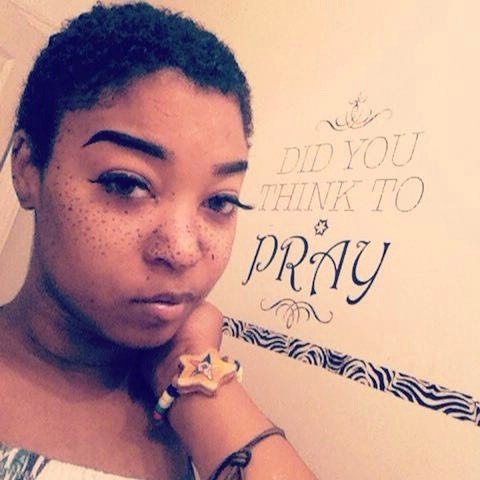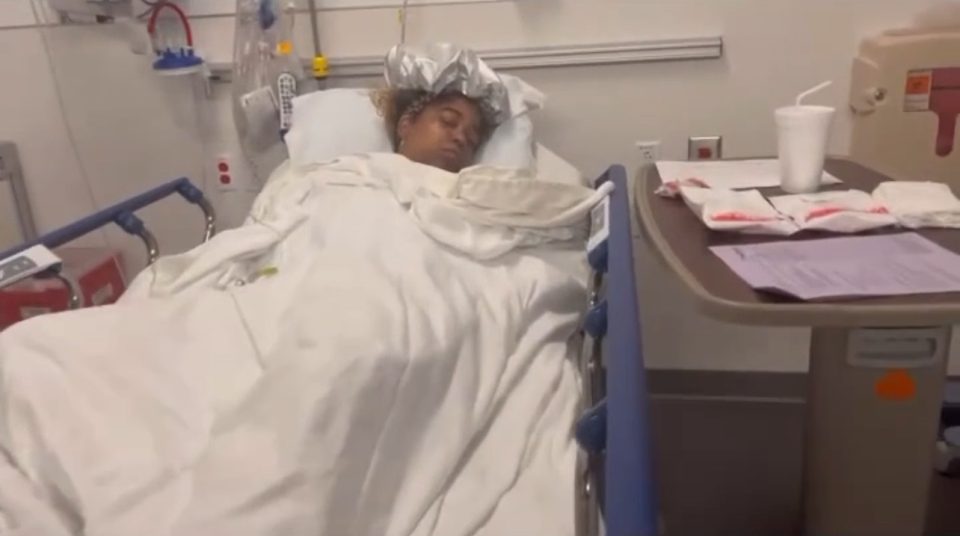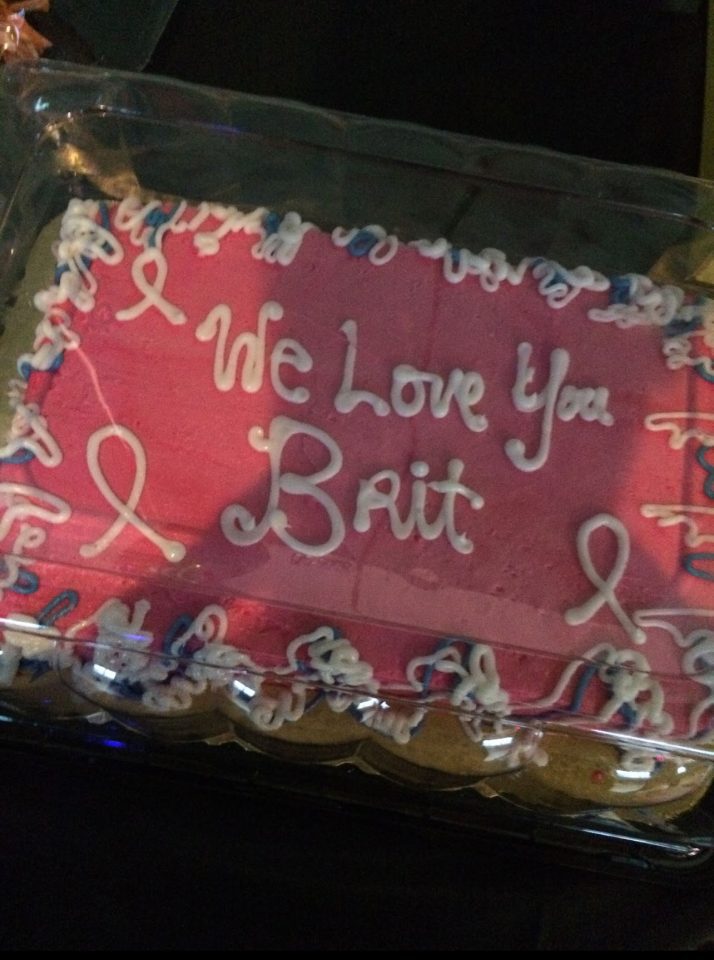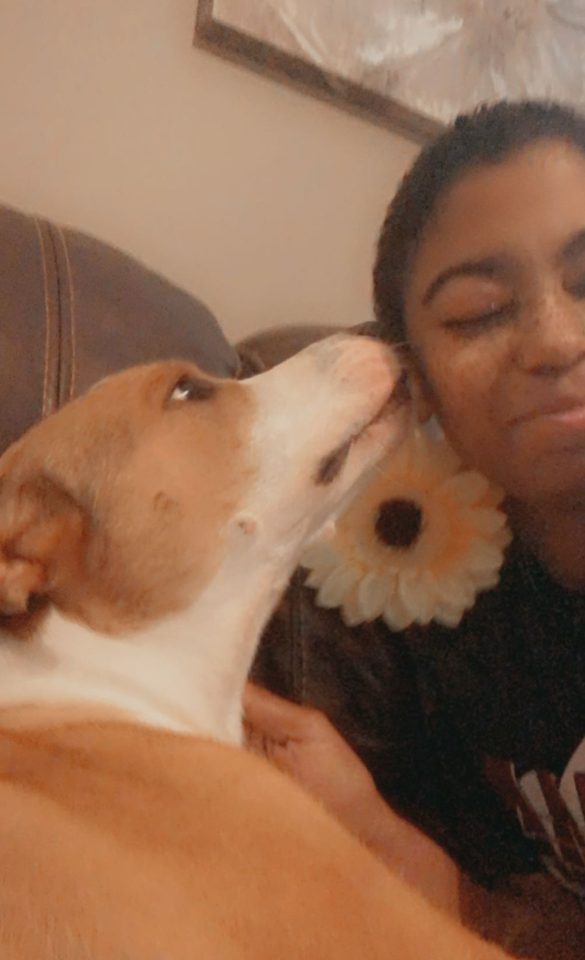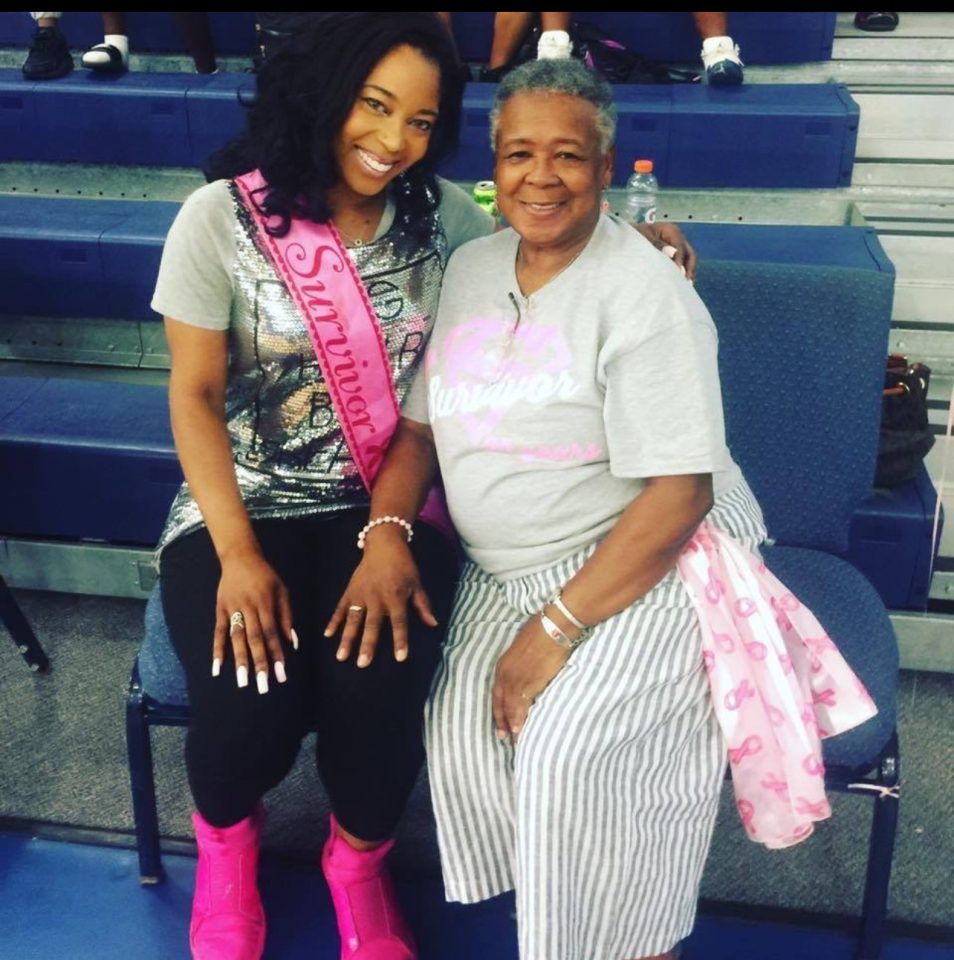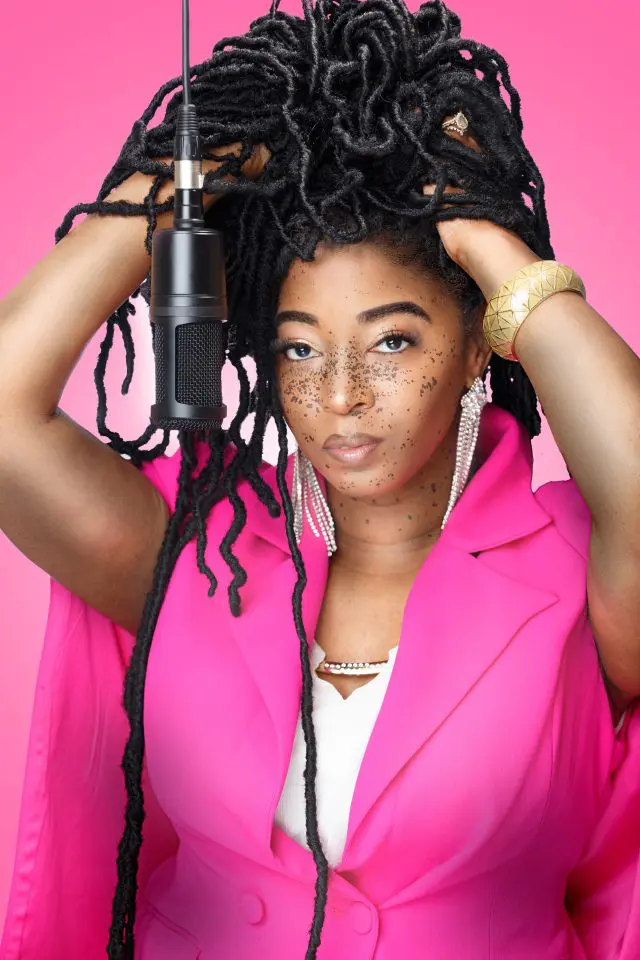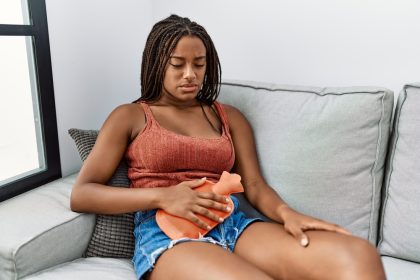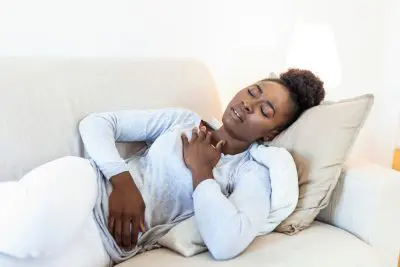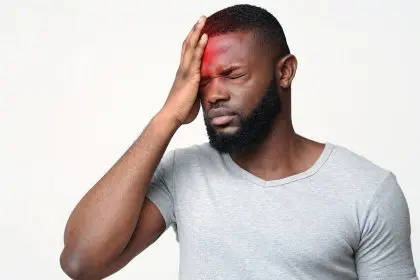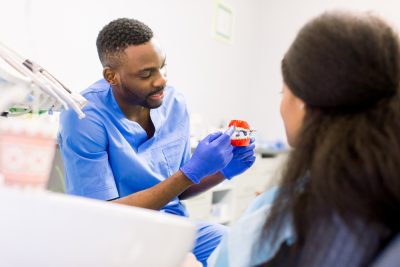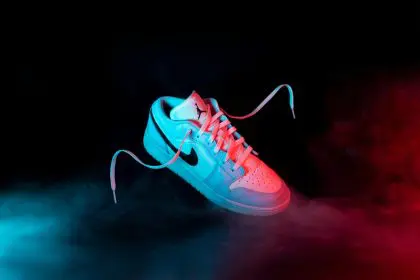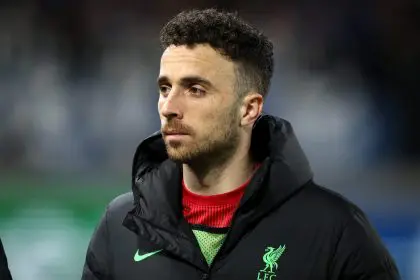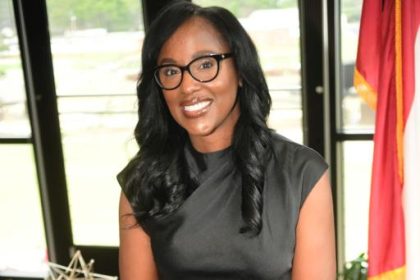In a compelling episode of Health IQ, Munson Steed interviews Brittney Wilcox, a remarkable 10-year survivor of triple-negative breast cancer. Diagnosed in her early twenties while studying at Fort Valley State University, Brittney’s story is one of courage, faith, and resilience.
From the shock of her initial diagnosis to the transformative impact on her life, Brittney shares insights on early detection, overcoming fear, and finding new purpose after cancer. Drawing strength from her grandmother, an 18-year breast cancer survivor, Brittney’s journey underscores the importance of self-awareness, proactive health management, and the power of community support.
Join us as we explore Brittney Wilcox’s extraordinary decade-long journey – a powerful reminder that with determination and support, one can emerge stronger even from the most daunting challenges.
[Editor’s note: This is a truncated transcribe of a longer video interview. Please see the video for the extended version. Some errors may occur.]
Can you share with us why it’s important to at least begin with a mammogram as a woman, and the importance of understanding early detection?
Absolutely. I was diagnosed with triple-negative breast cancer very early in my twenties while I was a student at Fort Valley State University. A lot of times, we may think it can’t happen to us if we’re young, or we sometimes bypass and overlook concerns with our health. It’s really important to get your mammogram, especially for those who notice that it may run in the family. At some point, it has to stop somewhere, and it has to stop with you. So, taking the time to get your mammograms done and paying attention to your health and what you’re putting into your body is essential.
These bodies matter. Each and every day is another day of abundant life. Early detection is critical, especially for those who think, “Oh, it can’t happen to me,” or “I have to be old to experience breast cancer.” It can happen to anyone, male or female. It’s crucial to get tested, especially if it runs in the family or if you notice hereditary issues. Yes, it’s very important.
Where were you? What age were you when you first got your diagnosis? Did you have any idea that it ran in your family?
I was very aware that it ran in my family. My grandmother, who is also a survivor of triple-negative breast cancer, has been a survivor for 17 years. For me, I didn’t think it would happen to me. I was just a sophomore in college when I noticed the texture of the skin on my breast resembling that of an orange. My skin texture had changed, and I started dealing with some swelling, as well as feeling an odd lump.
Even then, I ignored it. Instead of going straight to the doctor, I ignored it. As time went on, after maybe two or three months, I noticed that the lump had significantly grown and more of my skin was affected. That’s when I decided it was time to see an oncologist. At the time, I was marching in the Blue Machine Marching Band. You have to get physicals, like every athlete or performer. After noticing what was going on, I addressed it and said, “Hey, something’s going on with the texture of my breast. I’m dealing with some pain.” That’s how I ended up seeing an oncologist and discovering my diagnosis.
If you were to talk to your younger self, what would you say about the delay in getting treatment? What impact did that delay have?
My delayed choice left room for growth that could have been stopped, prevented, or even slowed down had I addressed it earlier. If I could talk to my younger self, I would tell her, “Don’t be afraid of what the diagnosis might be.” Believe in the strength that you can overcome it. A lot of times, when we’re young and see our elders, favorite aunts, or grandparents go through these things, we may feel fearful when we suspect something is going on. I would tell younger Brittney, “Don’t be afraid. You can face it.” Remember the faith instilled in you, the prayers from your family, and the resilience and tenacity God gave you. I would tell her, “Fear not.”
And when you say, “Fear not,” what would you say about developing a relationship with your oncologist and being able to talk honestly about the changes in your body?
I would say always get a second opinion. It’s okay if there’s more than one doctor or oncologist working with you. Some may be more experienced than others and can provide sound wisdom. It’s remarkable when you connect with an oncologist who truly cares and is willing to go step-by-step with you in understanding your treatment options, especially if you have other ailments, like I did with sickle cell. Building that relationship is important, like how women in the ’90s would feel connected with their hair stylists. You want a strong relationship with your oncologist so you can be transparent and find the best treatment options for you.
For many women, the thought of losing their breasts is difficult. You were in your twenties. Did you have to make any difficult decisions related to your breasts? And how did you balance fear and courage?
Initially, when I received my diagnosis, fear was the first thing I felt. Having a strong support system instilled in me that it’s okay to let others be strong for you in moments of weakness. A strong support system, whether it’s friends, family, or colleagues, matters.
Overcoming the battle starts with the mind first. You can change your diet, your lifestyle, but if your mindset isn’t ready to fight, you’ll feel defeated every day. Encouragement, trying new hobbies, and finding new ways to keep your mind strong are key. The treatment, especially with chemo and radiation, can make you lose confidence when you lose your hair. For me, I was scheduled to have a double mastectomy. But when it was time for my pre-op, after a CAT scan, the cancer was no longer visible. For those who have to go through it, know that there’s a support system on the other side to help you feel feminine and strong again. A strong support system really does help your mindset.
When you think about losing your hair, did you lose yours?
I did. I lost my hair, my eyelashes, the whole nine.
How did that impact you?
I felt very much like an alien. At the time, I was modeling with Bronner Brothers for their hair show, preparing for another show. But that didn’t happen. I lost my hair, and because of that, I couldn’t walk in the show. In moments when I felt insecure, like an alien, I had to find a new confidence. I looked at it like a makeover, like what I used to see on America’s Next Top Model.
I had to embrace my new beauty—this bald beauty with freckles. I was grateful to have friends who supported me, some even shaved their heads to join me in the journey. You have to learn to love yourself, no matter what changes happen to your body. Having people around who tell you that you’re beautiful, even when you don’t feel like it, makes a big difference.
If you could hug a sister who just received a diagnosis, what would you whisper in her ear?
To a new sister with a new diagnosis, I would say, “You are more than a conqueror. To be a conqueror, there has to be a battle. Just like before you have a testimony, there has to be a test. You can pass that test, and you’re not alone in doing so.” I would tell her the same thing I would tell younger me: “Fear not, for God is with you. You are more than a conqueror. Now is the time to begin your journey as a conqueror.”
How has your approach to life changed since your diagnosis? How do you wake up each day now?
It’s made me more appreciative of life. I wake up now with a sense of purpose. I don’t just go with the flow anymore. Every day is meaningful, like a new chapter in a book. At the end of my book, I want to know I fulfilled my purpose. Every day I ask myself, “Who am I inspiring? Who am I encouraging?” When I go home to my Maker, the only thing I can take with me is the impact I’ve had on others. My life, my story, helps build someone else’s story.
Lastly, how are you handling your mammograms now? What would you suggest to survivors?
To survivors, I would say: Stay on top of your mammograms, your CAT scans, your X-rays. Don’t think it can’t come back. I had to fight it more than once. Even if you’re in remission, whether complete or partial, stay on top of it. Take part in your healing process—whether it’s walking by a waterfall or around your neighborhood. Stay active. Even after overcoming breast cancer, your body still goes through changes, so stay active and involved in your healing process.
How have you changed your diet?
Oh, absolutely. There were a lot of processed foods I had to let go of. I used to love pickled pig feet, fried Oreos—you could say my diet was like a garbage disposal. I ate anything and everything. Now, I’ve become more disciplined, incorporating new things like dandelion root tea, Tulsi, and soursop. I’m focusing on foods that increase Omega-3s, iron, and zinc. I’ve shifted to a more pescatarian diet, maybe Mediterranean. I had to let go of canned and processed foods, but it’s turned me into a better cook in my own kitchen, and I enjoy it.
How many years have you been cancer-free?
It’s been 10 years. I’m completely honored and grateful to be celebrating 10 years breast cancer-free from triple-negative breast cancer. I give God all the glory for my healing, and I promised that if He pulled this from me, I would continue to speak of Him being a healer forever. This is an answered prayer.
